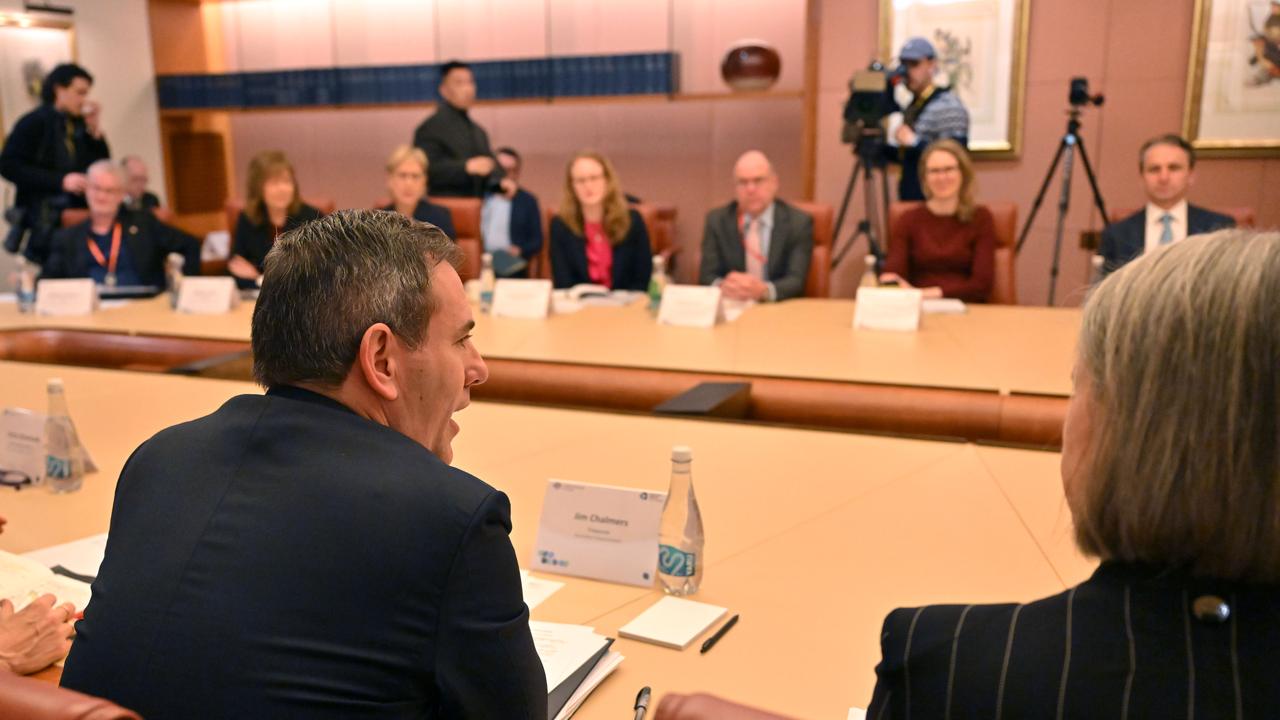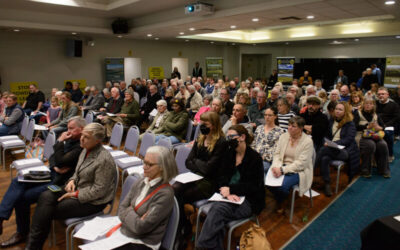A levy for driving on Australian roads and faster home-building approvals could soon be introduced after the government’s economic roundtable, but bigger-ticket reforms might take longer to materialise.
The three-day summit produced 10 clear areas of consensus for reform, which Treasurer Jim Chalmers said would help achieve the “holy grail” for everyone assembled in the parliament house cabinet room: higher productivity and living standards.
Making housing more affordable and attracting business investment were clear themes unions, politicians, business leaders, civil society and economists in attendance could all agree on.
But while Dr Chalmers conceded the tax system was “imperfect”, especially in terms of intergenerational unfairness, no agreements on broader tax reform were reached.
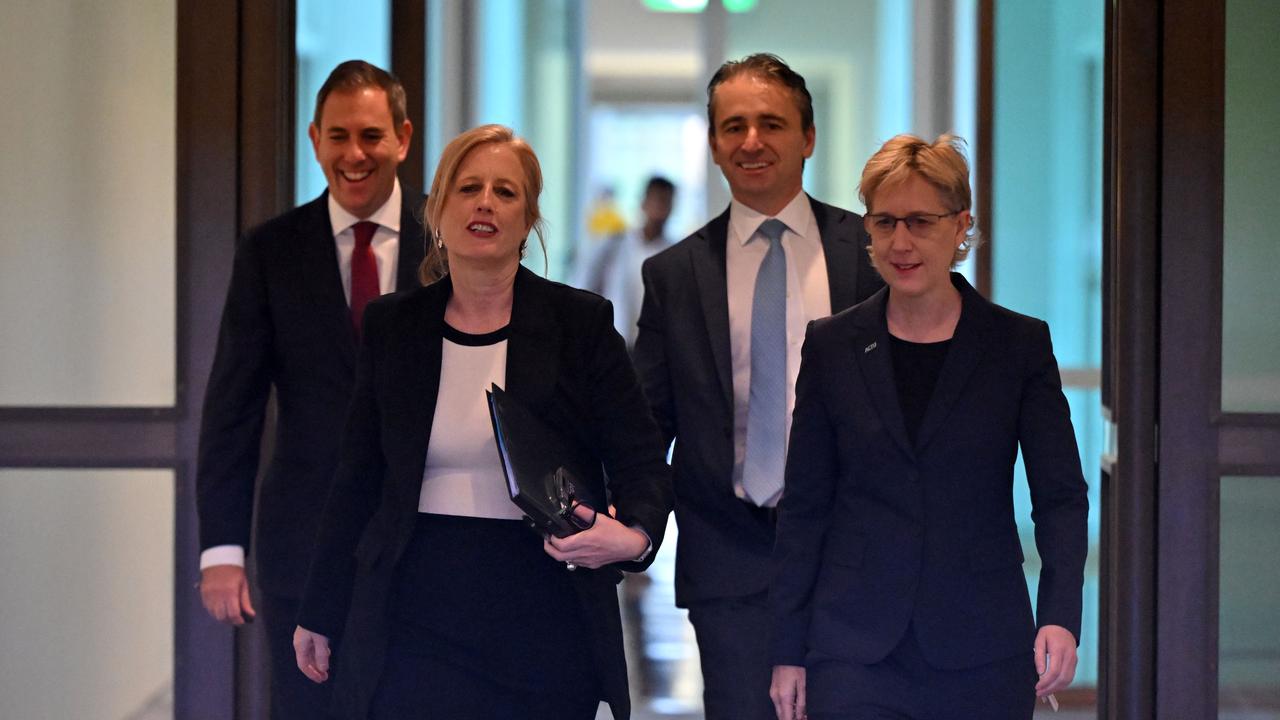
Instead, the government would continue to consult over changes to make the tax system fairer for workers and young Australians, more attractive for businesses to invest and simpler and more sustainable.
“Our opportunities and our risks are finely balanced in our economy, in our society and in the world,” Dr Chalmers told reporters following the conclusion of the roundtable on Thursday.
“We believe that we give ourselves a much better chance of being the best in the world at confronting those challenges in an up-front way, in an honest way and in a decisive way, if we include more people in that task.
“That’s what the last three days was all about.”
The treasurer identified some quick wins after 29 hours of discussions and 327 different contributions.
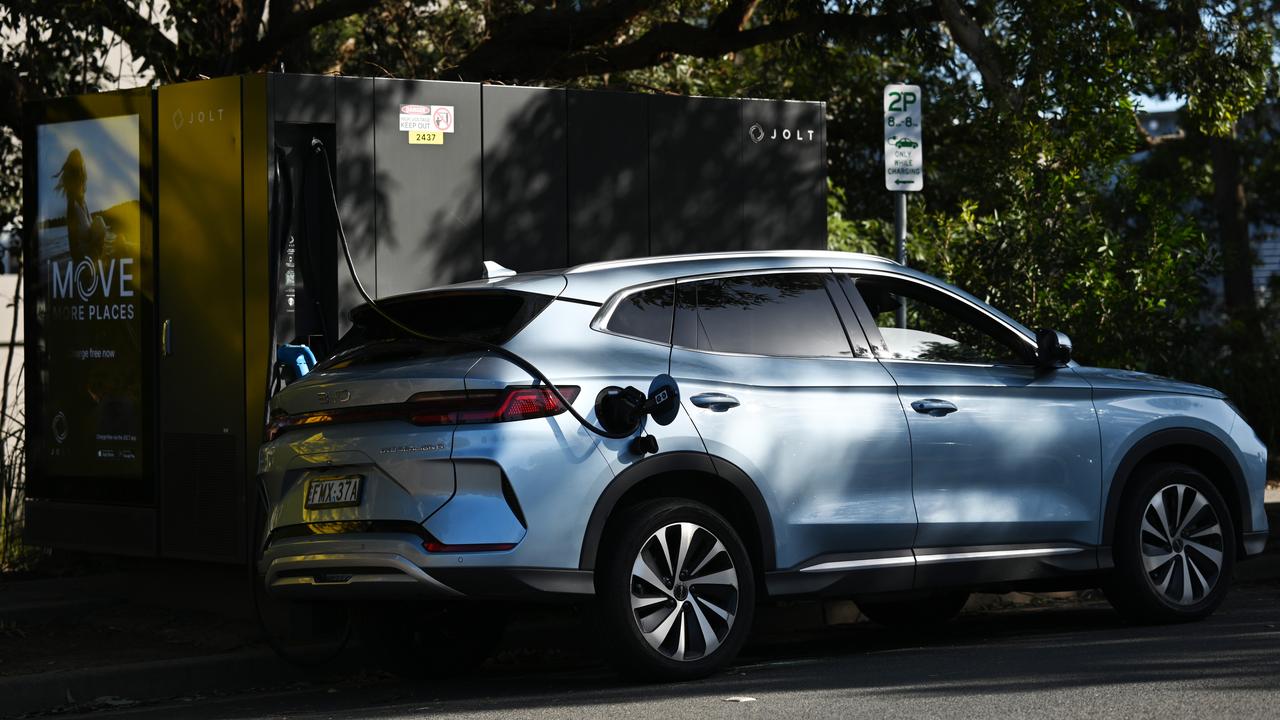
There was “more than the usual amount of consensus” around implementing a road user charge, which would ensure electric vehicle drivers contribute to road maintenance and plug a hole in the budget as fuel excise revenue dries up.
The government will work quickly to abolish nuisance tariffs, reduce complexity in the construction code, accelerate a new environmental protection act to speed up project approvals and develop an artificial intelligence plan for the public service.
Other areas, such as modular construction methods to speed up home building and harmonising licensing standards across state and territory lines, would take more time.
Dr Chalmers ruled out another lengthy external tax review and left the door open to tax changes before the next election.
“You can’t apply a blanket rule,” he said, citing work under way on road user charges and the rapidly changing multinational tax environment.
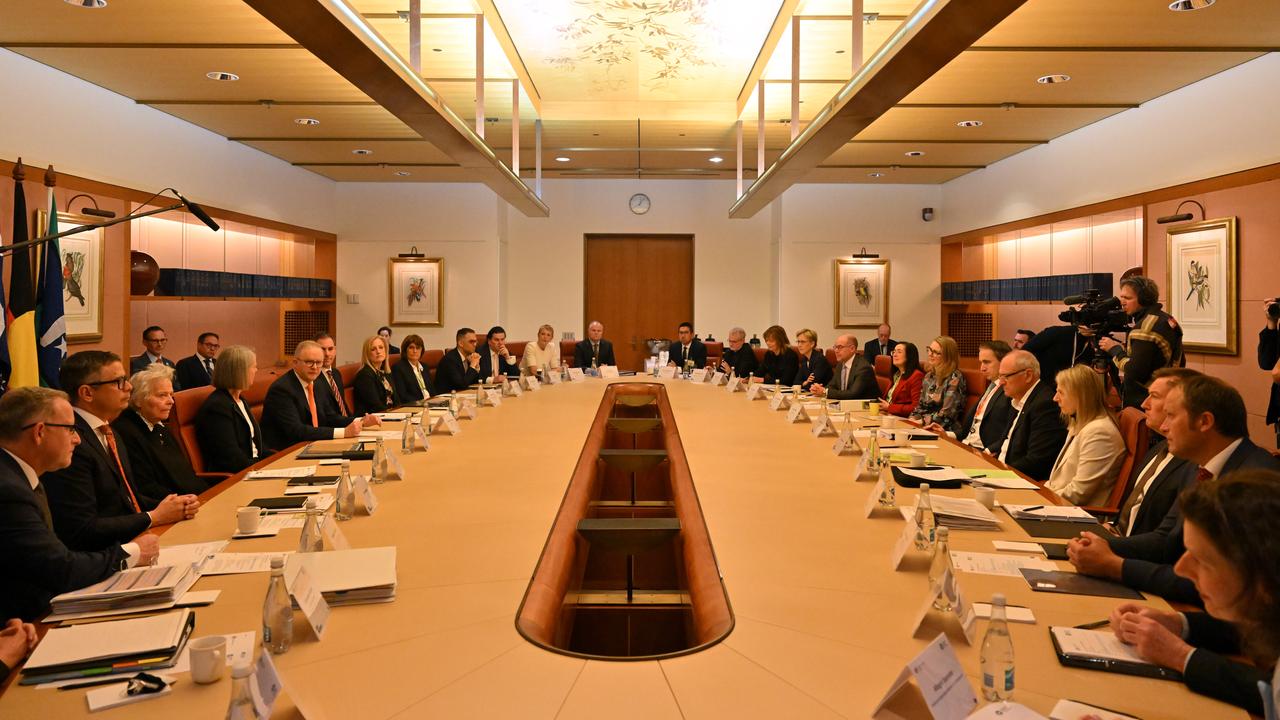
There was less consensus among participants around the vexed issue of tax than areas like de-regulation and skills.
Some changes canvassed included abolishing stamp duty in favour of land tax, raising the GST and taxing labour separately from capital.
Unions argued for a full suite of tax measures including limiting negative gearing to one investment property, reducing the 50 per cent discount on the capital gains tax and lifting tax on family trusts.
Australian Council of Trade Unions secretary Sally McManus pushed back against calls to lower the corporate tax rate, which business groups said would make Australia more internationally competitive and boost foreign investment.
“We actually want our health care system, our education system, properly funded. We actually value all of those things,” Ms McManus told reporters on the sidelines.
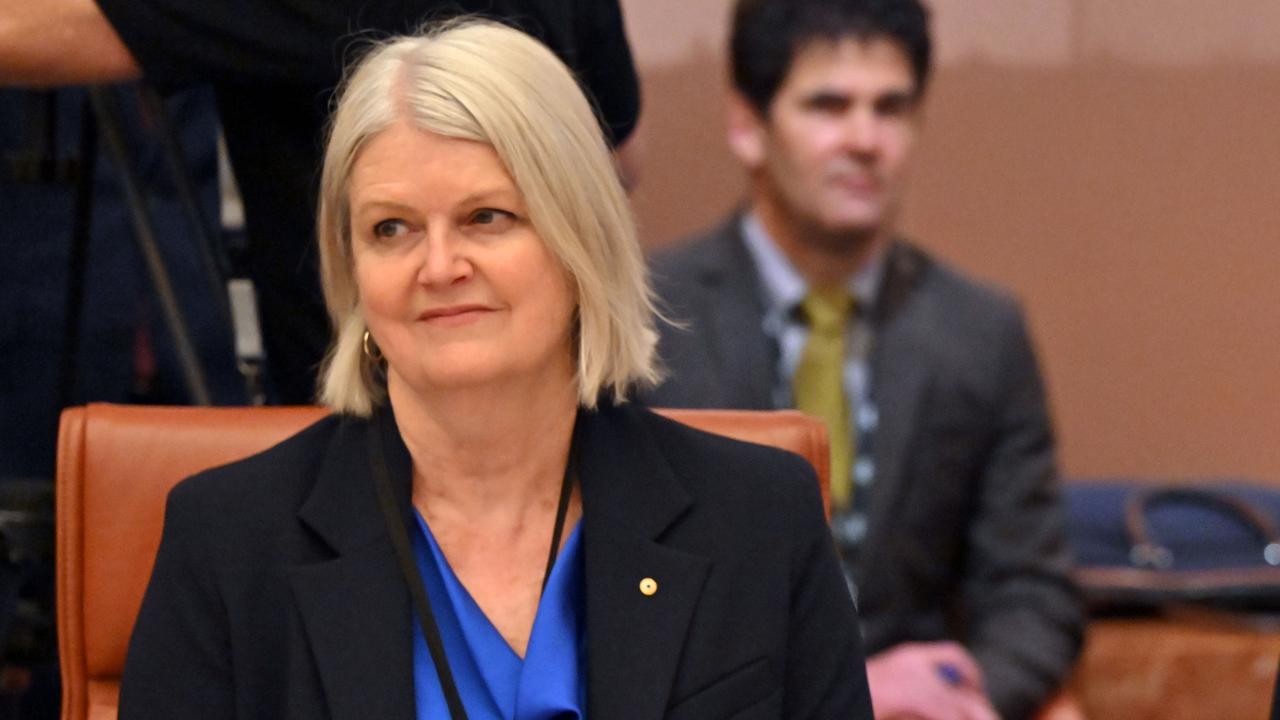
Australian Council of Social Service chief executive Cassandra Goldie backed the union calls to tax wealth more and reduce concessions for housing, arguing Australia was undertaxed relative to OECD peers.
“We do not have a spending problem as a country,” she said.
Shadow treasurer Ted O’Brien vehemently disagreed.
After two days of mostly goodwill and congeniality, Mr O’Brien ripped into Dr Chalmers during a session on efficient government spending, accusing the government of lacking fiscal restraint.
“I set a test for the treasurer today to stop the spending spree, which starts with the introduction of quantifiable fiscal rules,” the lone opposition representative said during a break.
Mr O’Brien called for the government to put a roof on public spending, set time-bound targets to reduce red tape and conduct a total system cost analysis of the energy system.
Australian Associated Press is the beating heart of Australian news. AAP is Australia’s only independent national newswire and has been delivering accurate, reliable and fast news content to the media industry, government and corporate sector for 85 years. We keep Australia informed.
